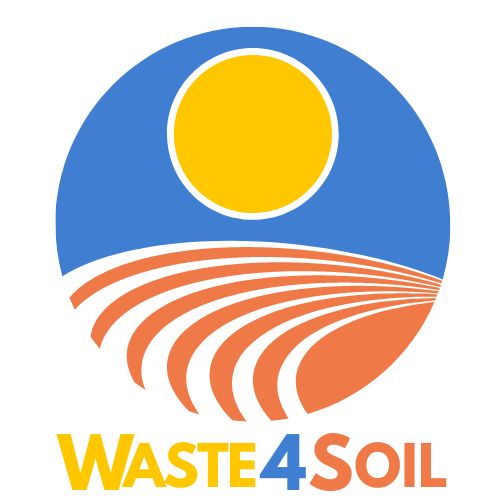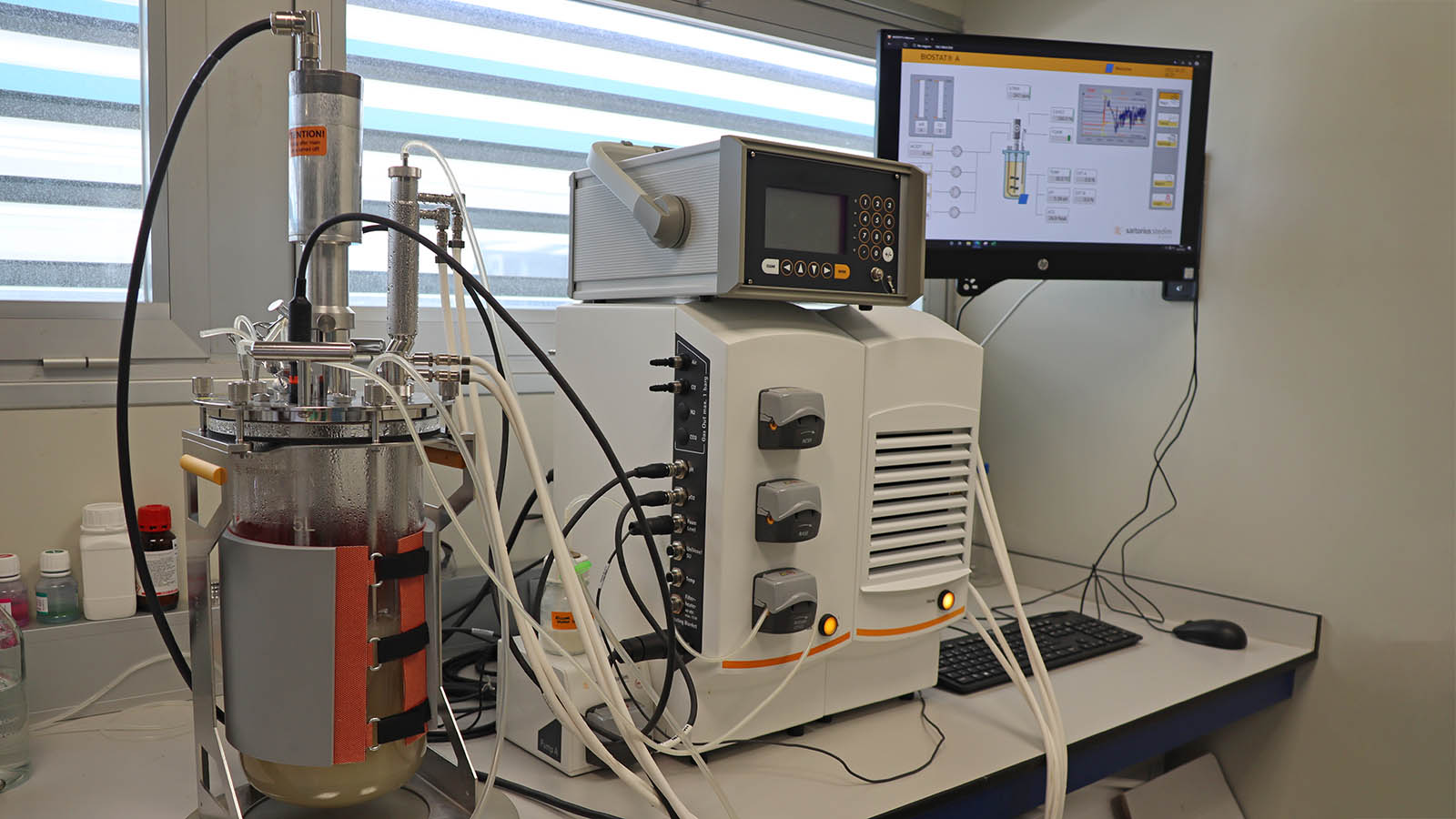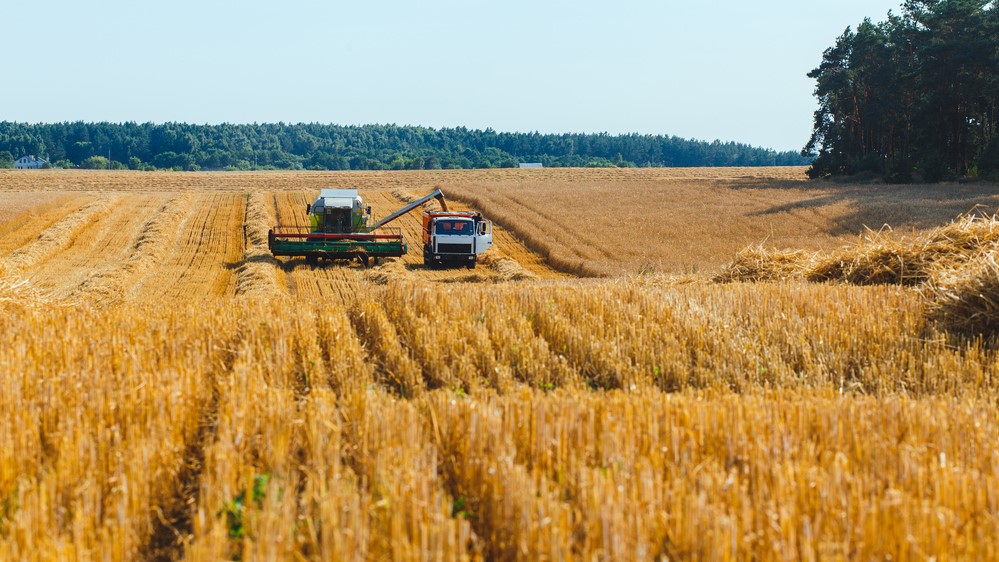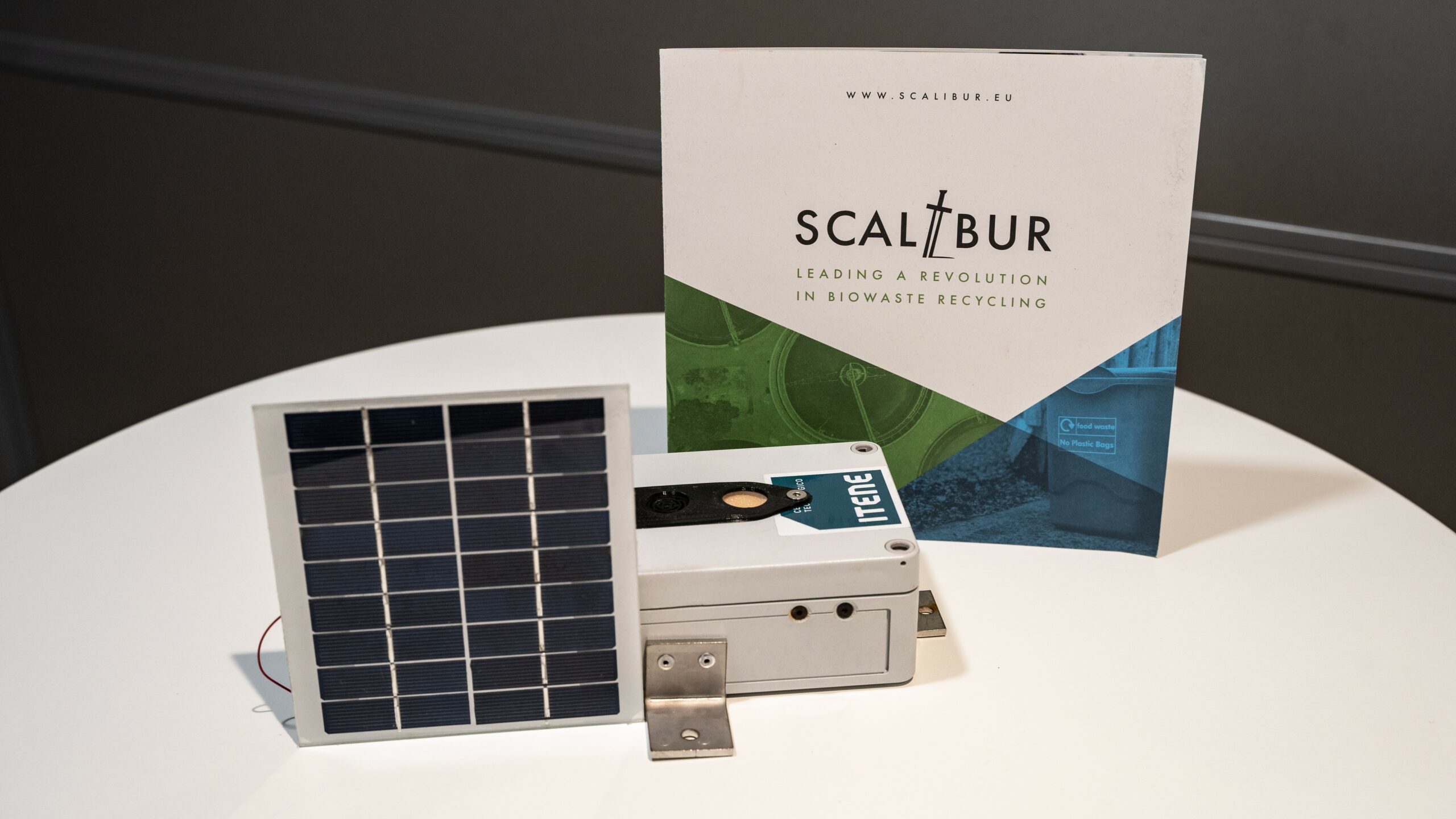WASTE4SOIL: Turning food waste into sustainable soil improvers for better soil health and improved food systems
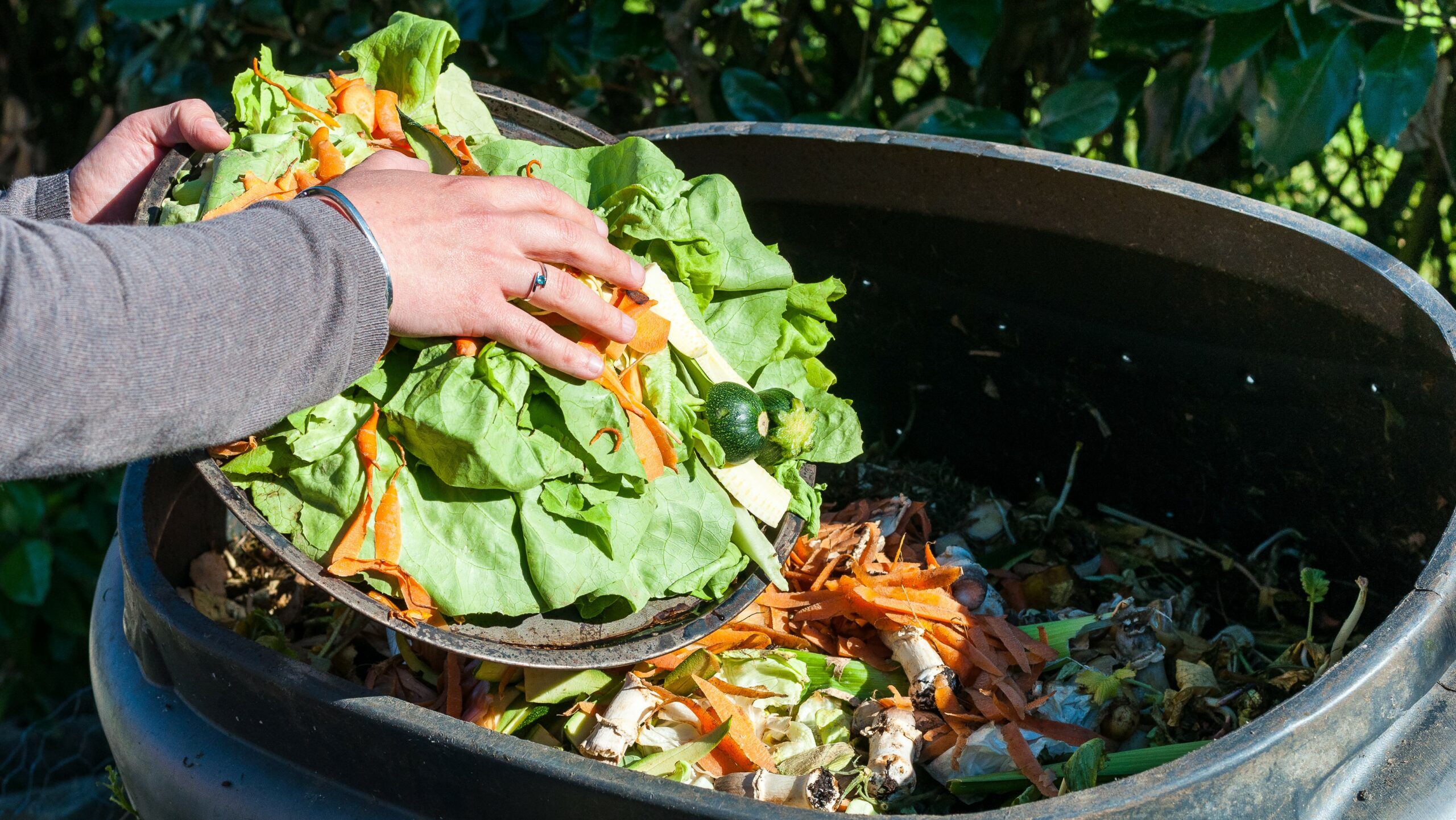
The Waste4Soil project aims to develop technological and methodological solutions to recycle food processing waste into fertilisers through a circular, systemic and multi-stakeholder approach at regional level involving all actors in the food chain, thus closing specific circuits (nutrients, organic matter, water, etc.).
Context
Food waste includes food processing residues (FPR), by-products from industrial food processing, such as olive oil pomace, slaughterhouse waste, dairy wastewater, etc.
According to the Food Waste Hierarchy, before being considered as food waste, FPR can be reused in the food industry. However, when considering the current overall soil health across Europe, these residues are also very interesting for producing Soil Improvers (SI). Soil improver means a material added to the soil in situ, whose main function is to maintain or improve its physical and/or chemical and/or biological properties, within the exception of liming materials (Regulation (EU) 2019/1009).
Summary and objectives
The Waste4Soil Project envisions the development of 10 technological and methodological solutions for recycling food processing residues from the food industry into local, bio-based circular soil improvers for improved soil health. A user-driven standardised Evaluation Framework will support stakeholders from the food value chain, including waste managers, to assess their status towards food processing residues circularity and act for recycling suitable waste streams into beneficial soil improvers.
To ensure co-innovation and collaborative research, Waste4Soil will set up 7 Soil Health Living Labs across Europe, in Greece, Finland, Spain, Poland, Hungary, Italy and Slovenia, to study the valorisation of 8 types of food processing residues (i.e., meat, fish, dairy, cereals, olive oil, beverages (wine), fruits and vegetables, and processed food).
The project focuses on assessing and improving the effectiveness of existing routes of food waste management to soil improver components, formulation and application methods by focusing on:
- Anaerobic digestion residues by employing novel nutrient separation including Selective Electrodialysis, bio-electrochemical and membrane systems.
- Novel efficient Biochar production from food processing wastes and digestates.
- Bio-Phosphate processing.
- Effective composting process of solid residues.
- Protein hydrolysates acting as soil improvers and AD-Microalgae combined processes for soil biostimulants.
An enabling management platform applied in all living labs, with a growing database of data analytics, route optimisation applications, soil health evaluations and application recipes, commercial aspects, and the capacity to use IoT devices in logistics.
Consortium
To address food systems sustainability and soil health with food processing residues, Waste4Soil rely on a multidisciplinary and balanced team. The consortium gathers 28 partners from 10 countries, (9 EU countries and Switzerland). Partners and associated partner share a common interest on the topic, bring to the project multiple expertise and allow it to be representative to all European macro-regions.
Specifically, the consortium is formed by:
- ETHNIKO KENTRO EREVNAS KAI TECHNOLOGIKIS ANAPTY (Greece) (Coordinator).
- ASSOCIATION NATIONALE DES INDUSTRIES ALIMENTAIRE (France).
- LAB-AMMATTIKORKEAKOULU OY (Finland).
- SOILFOOD OY (Finland).
- INSTITUT DE RECERCA I TECNOLOGIA AGROALIMENTARIES (Spain).
- UNIVERSITA DEGLI STUDI DI PARMA (Italy).
- ASSEMBLEE DES REGIONS EUROPEENNES FRUITIERES LEG (France).
- ACONDICIONAMIENTO TARRASENSE ASSOCIACION (Spain).
- SEDE ENVIRONNEMENT (France).
- 3R-BioPhosphate Ltd (Hungary).
- INSTITUTO TECNOLOGICO DEL EMBALAJE, TRANSPORTE Y LOGÍSTICA (ITENE) (Spain).
- ASSOCIAZIONE NAZIONALE COOPERATIVE AGROITTICOAL (Italy).
- WINGS ICT SOLUTIONS INFORMATION & COMMUNICATIO (Greece).
- WAGENINGEN UNIVERSITY (The Netherlands).
- CONFEDERAZIONE GENERALE DELL AGRICOLTURA ITALIA (Italy).
- BIOMASA PENINSULAR S.A (Spain).
- INSTYTUT UPRAWY NAWOZENIA I GLEBOZNAWSTWA, PAN (Poland).
- CLUSTER VIOOIKONOMIAS KAI PERIVALLONTOS DYTIKIS M (Greece).
- ANONYMI ETAIREIA DIACHEIRISIS APORRIMMATON PER D (Greece).
- KOTO PROIZVODNO IN TRGOVSKO PODJETJE DOO (SIovenia).
- GESCO SOCIETA COOPERATIVA AGRICOLA (Italy).
- UNIVERZA V LJUBLJANI (Slovenia).
- BAY ZOLTAN ALKALMAZOTT KUTATASI KOZHASZNU NON (Hungary).
- SAVONIA-AMMATTIKORKEAKOULU OY (Finland).
- AGENCIA ESTATAL CONSEJO SUPERIOR DE INVESTIGACIO (Spain).
- ZNANSTVENO-RAZISKOVALNO SREDISCE KOPER (Slovenia).
- EUROQUALITY SARL (France).
- FORSCHUNGSINSTITUT FUR BIOLOGISCHEN LANDBAU STICH (Switzerland).
ITENE’s role
In the Waste4Soil project, ITENE will lead the development of a device to monitor and optimise the logistics of food-processing residues (FPR). Furthermore, it will participate in the creation of an interactive platform for waste management, its transformation and application as fertiliser. Within WP4, ITENE will lead a task related to the development of a thermochemical valorisation process of FPR from food industries.
